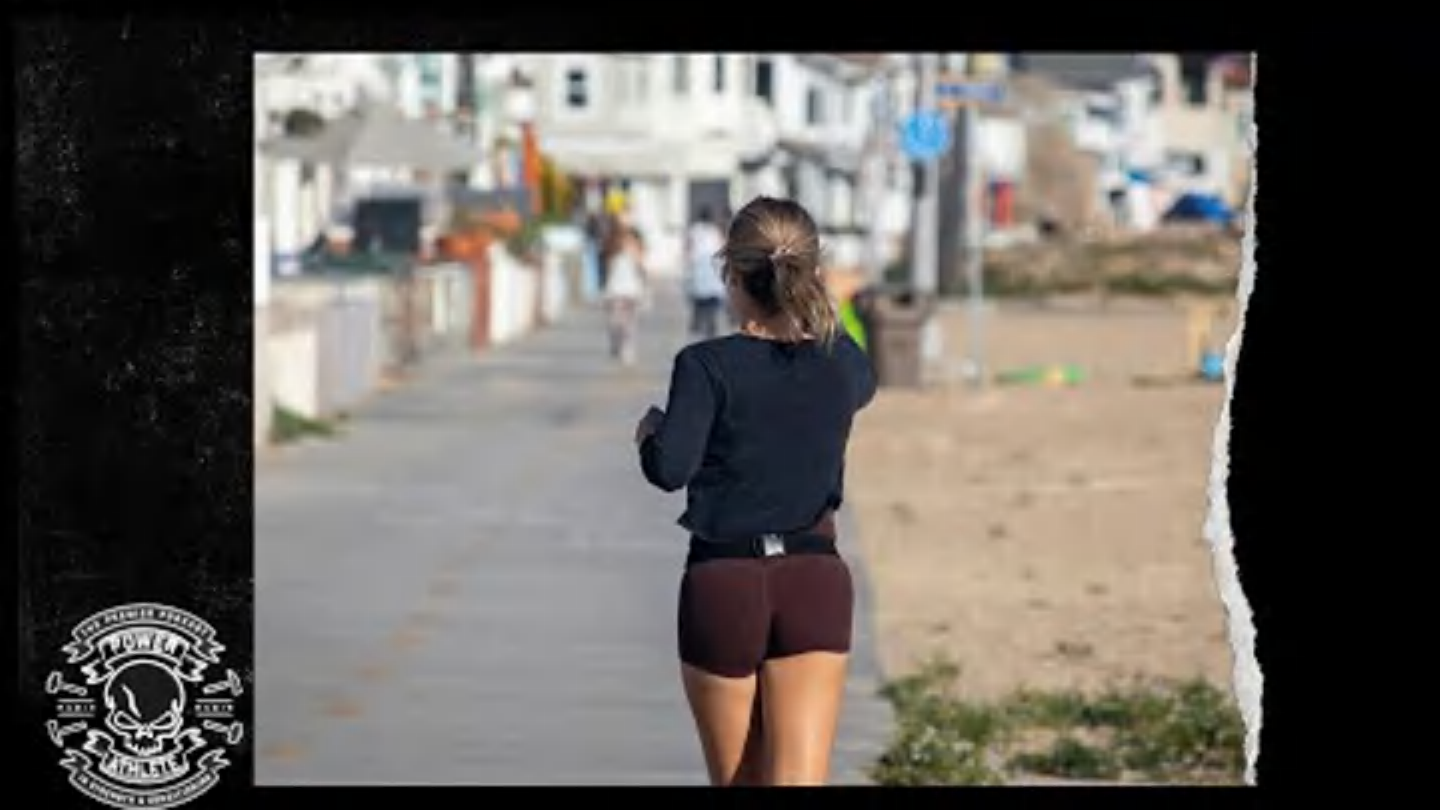Sports
What’s next for Phillies after NLDS exit? Why 2025 team could look similar with Bryce Harper, core returning

The Phillies were bounced from the NLDS Wednesday night with a loss in New York, losing the best-of-five series, 3-1. What happened? Well, they didn’t hit in their three losses, basically, which was the same thing that happened in the NLCS loss last season. Sometimes those spells happen; it’s just incredibly frustrating to have them happen in the playoffs. The fact the Phillies bullpen allowed 17 runs in 12 2/3 innings didn’t help matters, either.
Though the Phillies had their best regular season in a while, they took another step backward in the postseason and now they’ll have to endure an entire offseason and long regular season before getting another shot at their first World Series title since 2008.
The successes in 2024 were easy to see. The Braves, before suffering multiple key injuries, were overwhelming favorites heading into the season to take the NL East once again, but the Phillies won the division by six games. It was their first division title since 2011 and the 95 wins were the highest mark since that same season. Falling three games to one in the NLDS to the Mets was not quite as fun as the regular season, but it shouldn’t alter their path in the offseason. Overreacting to small-sample baseball rarely works out well.
Still, they lost, so where to go from here?
As we look ahead to what the Phillies will look like next season, realize they have a significant advantage over many teams to start…
Great ownership
We’ve highlighted this several times here on CBS Sports, but John Middleton is an absolutely amazing owner. By his own admission, he believes he has an obligation to put a good team on the field and that “we are accountable to the fans and to the city.”
Beautiful.
Given that the Phillies won the 2022 NL pennant, made the NLCS in 2023 and then won 95 games in 2024, yet have not won the World Series since 2008, this all means they’ll do everything they can to look like the best team in baseball heading into 2025.
Keeping that in mind, let’s examine the roster and where things might head this offseason.
The core is coming back
Mostly, the Phillies can and should just bring a very similar roster back next season. In many ways, they don’t have much choice. They are locked into a ton of big contracts.
The Phillies were best this season in the first half when their starting pitching was stellar. Zack Wheeler is locked up through 2027, Aaron Nola is signed through 2030 and Cristopher Sánchez is under contract through at least 2028. Ranger Suárez is under team control for another season.
The offensive nucleus is controlled, too: Bryce Harper (hits free agency in 2032), Trea Turner (2034), JT Realmuto (2026), Nick Castellanos (2027), Kyle Schwarber (2026), Alec Bohm (2027), Edmundo Sosa (2027), Bryson Stott (2028), Brandon Marsh (2028).
In the bullpen, Carlos Estévez and Jeff Hoffman are due to be free agents, but the rest of the gang — Matt Strahm, José Alvarado and Orion Kerkering at the top of the list — are back. It is very important that Alvarado has a better season. If so, this trio could form one of the best bullpen back-ends in the majors. Yeah, the bullpen got hit in the playoffs, but relievers are volatile.
Swingman Spencer Turnbull, who was great as a starter early in the season, also hits free agency.
Even if they lose Turnbull, Estévez and Hoffman, they look like one of the best pitching staffs in baseball for 2025.
What will the 2025 salary look like?
It’s a good thing the Phillies have a great owner, because right now if the front office made zero additions before next season and simply let every free agent walk, they’re looking at an estimated (we can’t be sure where the arbitration figures fall) payroll of more than $280 million. Per Cot’s Contracts, the Phillies were around $247 million this year.
Maybe Middleton is fine with this kind of a jump. If not, the Phillies would need to shed some salary before looking to shore up other areas.
Taijuan Walker is due $36 million for the next two seasons. Could the Phillies get someone to take him by eating a chunk of that salary? If so, maybe they would then bring back Spencer Turnbull.
If the front office wanted to get creative, maybe they try to spin Castellanos, who is due $40 million for the next two years. Again, they’d have to eat some of the money in order to make it happen, but it’s a way to save cash. Schwarber is only signed through next season and owed $20 million, but he feels much more integral to the lineup, doesn’t he? It kind of feels like he needs to be kept around.
Personally, I think they probably should try to find a taker for Walker and otherwise should just keep everyone. They can try to win it all for one more year before more serious questions face the franchise.
If they do make any deals, perhaps they try to bring in Brent Rooker? He’s controlled through 2027 and is coming off a 39-homer, 112-RBI season for the A’s. Marsh and Austin Hays are currently holding down left field, but finding a way to deal Castellanos and replacing him with Rooker might be a play.
Juan Soto will be the top player on the market, and the Phillies — just like every team — could make room for him in their outfield. With the already-high payroll, the Phillies aren’t the favorites to land Soto. But they have a track record of landing former Washington Nationals on huge contracts.
Prospects coming?
Obviously, things change every year with every team and if the Phillies aren’t looking to heavily add from outside the organization, maybe there’s new help coming to the big-league roster from within.
The top name there would be 6-foot-7 right-handed pitcher Andrew Painter. He was going to get a shot in 2023, but he tore his UCL and underwent Tommy John surgery. He’s pitching in the Arizona Fall League at present and it’s possible he joins the rotation next year. He has ace upside, or at least he did last time he pitched.
Several other pitchers could end up providing bullpen help, too.
As for position players, the big-league roster is pretty full. Aidan Miller, a 20-year-old third baseman, ended the season at Double-A, and will likely need more time in the minors.
The bottom line here is that, while it might sound boring, the 2025 Phillies are going to greatly resemble the 2024 Phillies, both in terms of their personnel and, very likely, their wins and losses. It’s just a matter of if the postseason breaks better for them.









